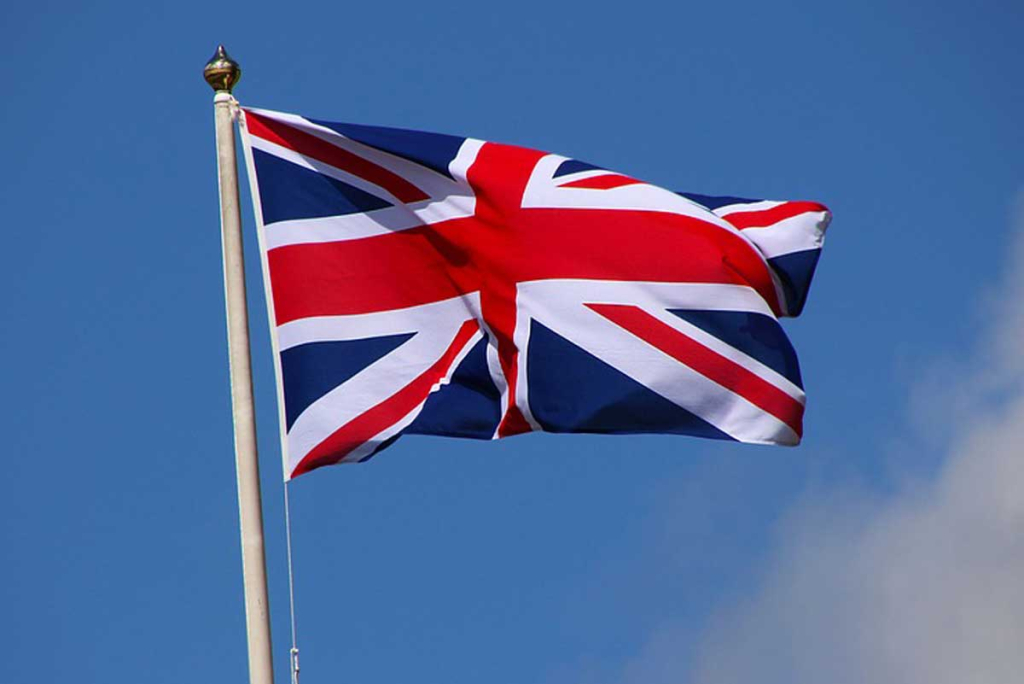The United Kingdom has issued a strong condemnation following the massacre of 38 hostages in Nigeria’s Zamfara State, despite the payment of a 50 million naira (approximately $60,000) ransom to their captors. Acting British High Commissioner to Nigeria, Gill Lever, denounced the killings as an “unspeakable crime” during a security partnership briefing in Abuja, stressing that such violence inflicts lasting harm on communities and obstructs national development.
The attack unfolded in Banga village, where armed groups linked to notorious bandit leader Dan Sadiya abducted 56 residents earlier this month. Local authorities confirmed that after receiving the ransom payment, assailants released 18 individuals but executed the remaining captives. Survivors are reportedly hospitalized, according to Mannir Haidara Kaura, chairman of the Kaura-Namoda Local Government Area, who verified the incident.
Lever emphasized the cascading consequences of such atrocities beyond immediate loss of life, noting, “These acts damage mental and physical well-being, stifle economic progress, and perpetuate cycles of fear.” Her remarks came during an update on the State Expansion Programme for the Anti-Kidnap Fusion Cell, a UK-Nigeria initiative launched in 2023 to enhance intelligence-sharing and counter-terrorism coordination. The project, operated alongside Nigeria’s National Counter-Terrorism Centre (NCTC), aims to dismantle kidnapping networks that have plagued northern states like Zamfara for years.
Zamfara has become a hotspot for banditry and ransom-driven abductions, with armed groups frequently targeting rural communities. Security analysts note that despite occasional military operations, violence persists due to weak governance, poverty, and the profitable nature of kidnapping economies. The latest killings defy patterns where ransom payments typically secure releases, signaling an escalation in brutality.
While Lever did not specify measures to be taken, she reiterated calls for “urgent, coordinated action” to protect civilians and hold perpetrators accountable. Observers suggest the remarks underscore growing international concern over Nigeria’s security crisis, which has displaced over two million people and deepened humanitarian challenges. The UK’s vocal stance aligns with its broader support for Nigeria’s counter-terrorism efforts, including training programs and intelligence infrastructure development.
Local officials described the Banga village incident as one of the deadliest attacks this year in the region. Residents in neighboring communities expressed renewed fears of further violence, with many criticizing delayed security responses. As families mourn the victims, questions linger about the effectiveness of ransom negotiations and long-term strategies to address the root causes of instability in Nigeria’s northwest.
